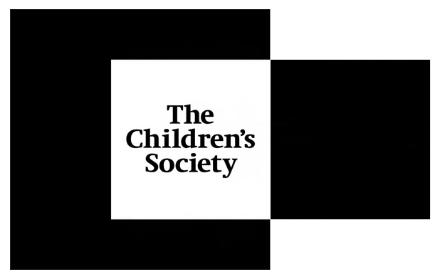Education and learning
There are 1.9 million adults enrolled in further education colleges, and 2.34 million students studying at UK higher education institutions, according to Association of Colleges and HESA. And thousands of employees in the UK participate in work-based training and development courses each year.
Our evidence reviews, practice maps, and data analysis have focussed on:
- student and staff wellbeing and mental health in higher education settings
- adult and young adult learning in community, work-place, and further education settings – you can also read more about adult learning below
We have also created specific guidance for measuring and improving staff wellbeing within schools and colleges.
People
-
Nancy Hey
What, if any, are the benefits of lifelong learning to us as individuals, beyond its impact on employment progression? Does it matter what we learn about, or if we learn in-person or online? What are the criteria that make learning meaningful? And how does learning change over time? One striking finding about learning in the UK, for example, is that it is the one of the five ways to wellbeing that drops off most dramatically with age.
Long- and short-term benefits
The obvious goal of the countless adult learning courses and training on offer is mainly to improve the way we work, or change our work completely. But the evidence reveals that learning has an interesting and complex relationship with wellbeing. In the short term, the impact on wellbeing can be negative. Meeting essay deadlines or taking exams, for example, can increase stress or reduce social interactions with friends, which are factors that contribute to our subjective wellbeing.
When you take a longer view, however, additional formal qualifications or education shows a slightly positive impact on a person’s wellbeing. Again, this seems to correlate to what we might expect. For instance, we know there is a strong link between employment, especially high-quality jobs, and wellbeing. So where qualifications can lead to employment and higher quality jobs, it appears to be a good thing.
Proving causation is difficult
It also makes sense that where the process itself of formal and informal learning reduces isolation, there are benefits to participants’ wellbeing. Evidence from observational studies – non-intervention studies that assess naturally occurring levels of learning, such as qualification or accreditation gained, or job status – supports a relationship between wellbeing and learning. Although identifying the causal mechanism has been more difficult: do happier people engage in more learning opportunities, or do learning opportunities make people happier?
Does it matter if learning is related to our jobs?
Around 20% of adults engage with job-related training, and 3% with hobbies and leisure related training. When it comes to people who are unemployed:
- Low intensity job-related training can reduce life satisfaction.
- High intensity hobbies and leisure training can boost life satisfaction
Younger adults (16 to 24 years) both win and lose from job-related training
- Low intensity training results in a decline in life satisfaction for younger adults.
- High intensity job-related training boosts life satisfaction for young adults.
When it comes to training in different areas of deprivation:
- For those living in medium and highly deprived areas of England, training is an important source of life satisfaction.
- The greatest boost to life satisfaction for those in deprived areas of England are from hobbies and leisure training.




